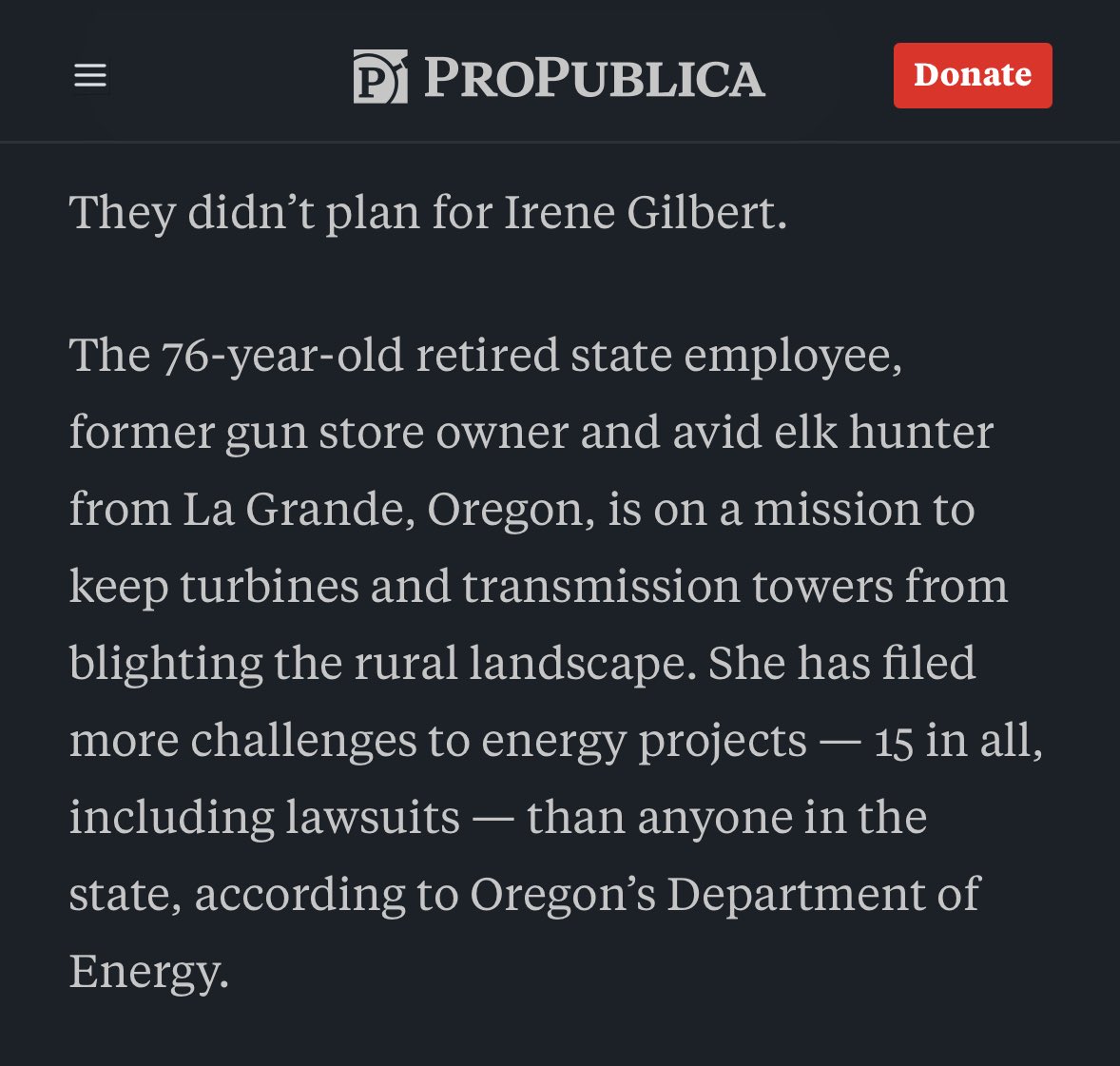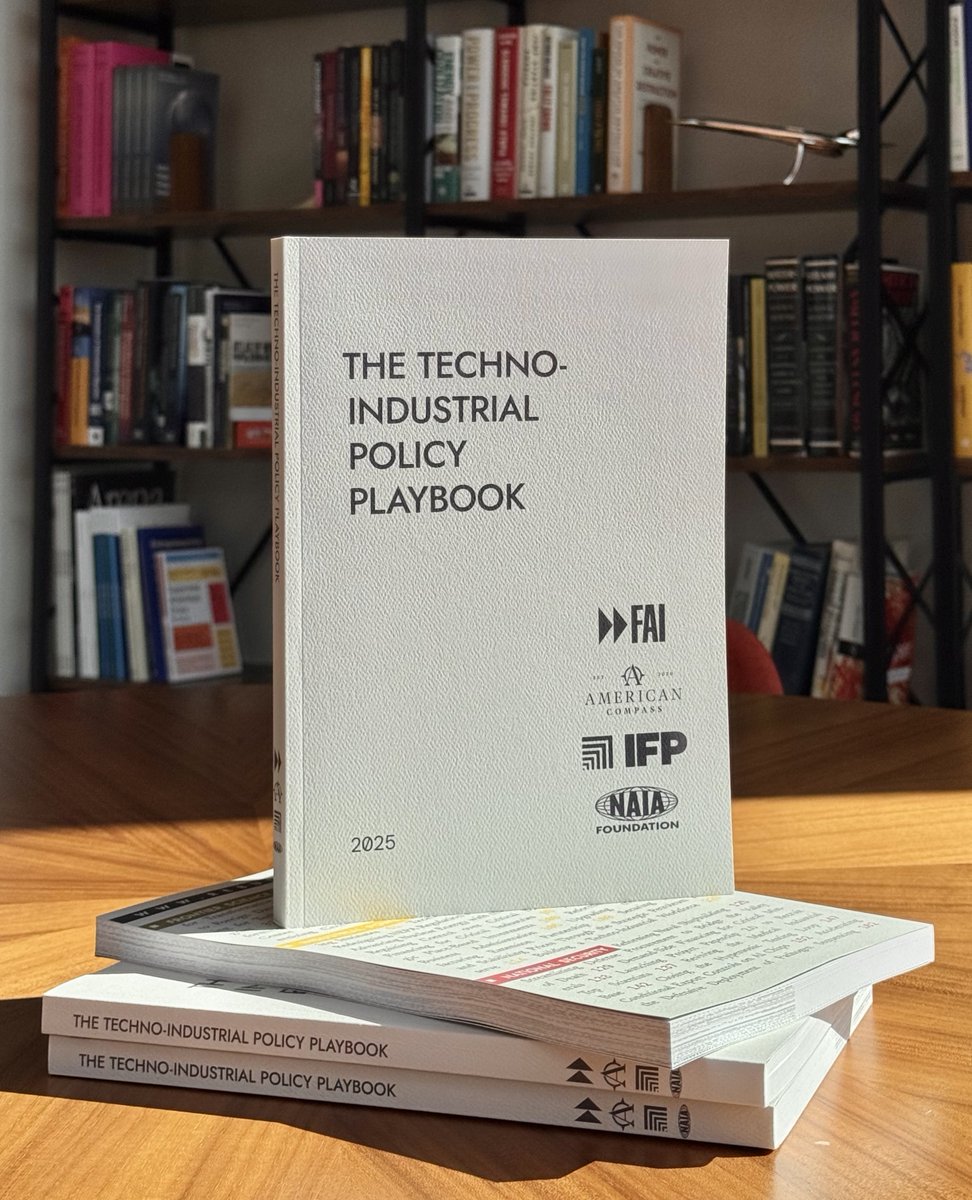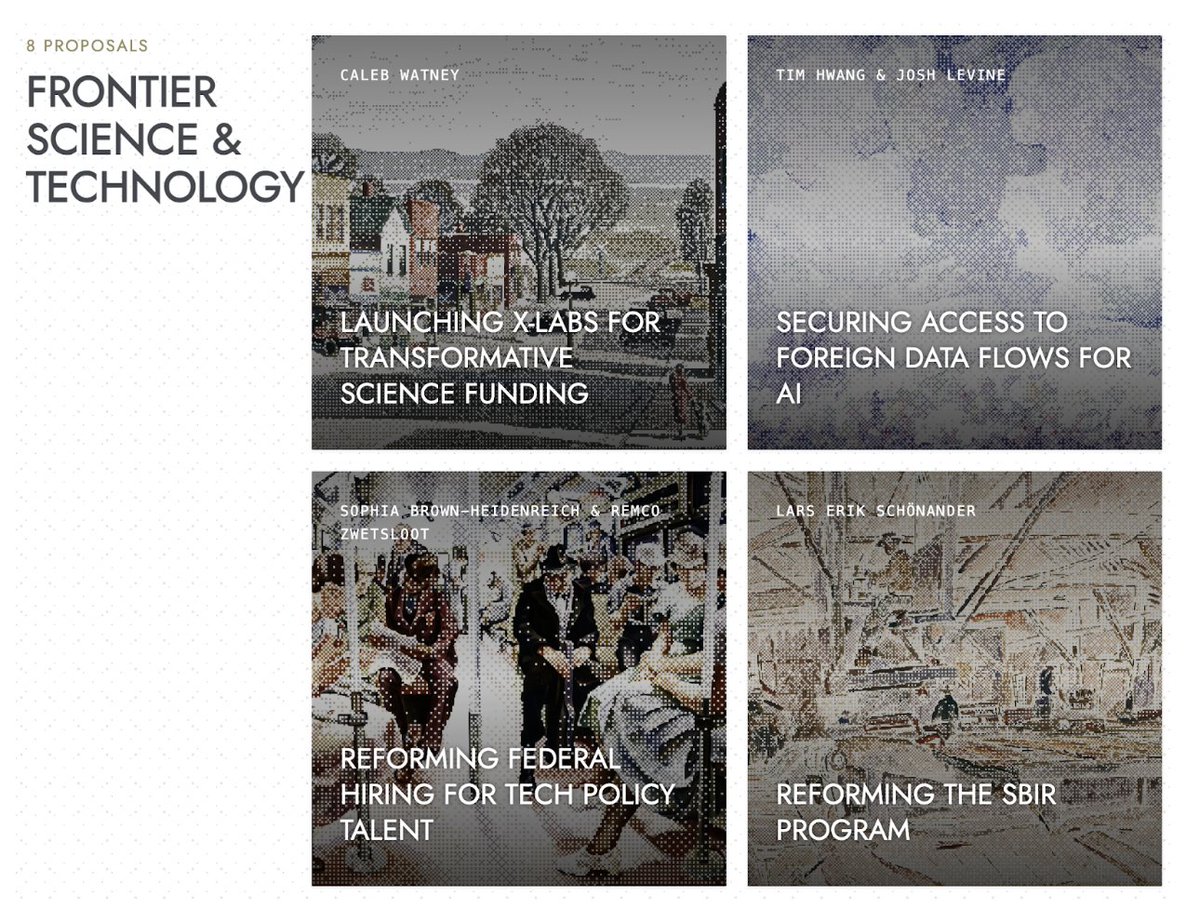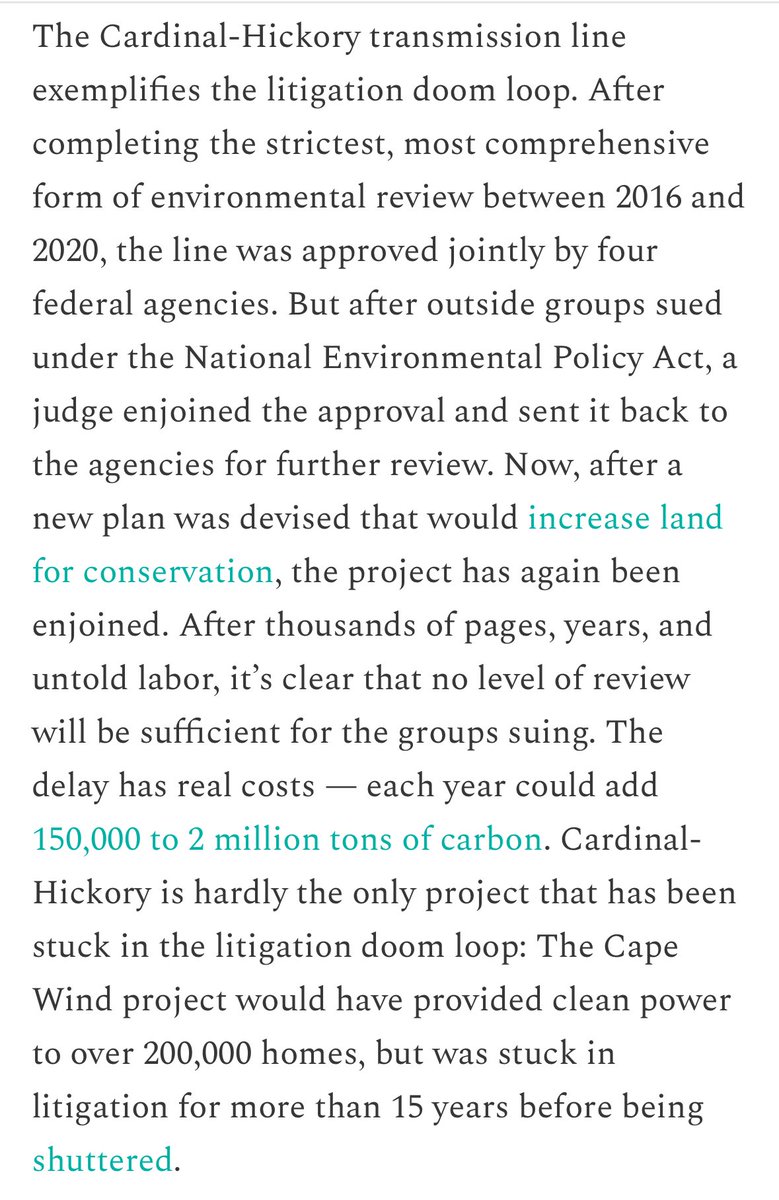
How to get URL link on X (Twitter) App


 She’s filed more lawsuits against clean energy projects than anyone in else in her state.
She’s filed more lawsuits against clean energy projects than anyone in else in her state.

 1. @fiiiiiist, @taoburr, and @timhwang have an intro essay on how to actually shape AI progress: ifp.org/preparing-for-…
1. @fiiiiiist, @taoburr, and @timhwang have an intro essay on how to actually shape AI progress: ifp.org/preparing-for-…

 We have 8 proposals on frontier science & technology:
We have 8 proposals on frontier science & technology:

 The incentives here are so bad.
The incentives here are so bad.

https://twitter.com/_brianpotter/status/1902707998637625451
 2/ Solar PV costs have fallen by more than 50% in just the last 10 years:
2/ Solar PV costs have fallen by more than 50% in just the last 10 years: 

 1/ Create “Special Compute Zones”
1/ Create “Special Compute Zones”

 Excerpt is from @ezraklein’s excellent interview with @pahlkadot: nytimes.com/2024/11/22/opi…
Excerpt is from @ezraklein’s excellent interview with @pahlkadot: nytimes.com/2024/11/22/opi…



 VCs in China now spend most of their time suing the startups they invested in to get their money back.
VCs in China now spend most of their time suing the startups they invested in to get their money back.





 From this must-read piece by @KelseyTuoc: vox.com/future-perfect…
From this must-read piece by @KelseyTuoc: vox.com/future-perfect…



 Given that the US is the R&D lab for the world, the positive innovation spillovers from this migration are likely very large.
Given that the US is the R&D lab for the world, the positive innovation spillovers from this migration are likely very large.
https://twitter.com/_brianpotter/status/1786377895234941306
 Like it’s crazy we can even do this
Like it’s crazy we can even do this 

 .@ArnabDatta321 and @EnergyLawProf have an important piece in @mattyglesias’s Slow Boring today looking at how clean energy projects can get stuck in an indefinite cycle of environmental review, judicial injunction, and then remand for more review.
.@ArnabDatta321 and @EnergyLawProf have an important piece in @mattyglesias’s Slow Boring today looking at how clean energy projects can get stuck in an indefinite cycle of environmental review, judicial injunction, and then remand for more review.

 2. Batteries also returned to their long-run trend of decreasing in price — falling more than 10% last year.
2. Batteries also returned to their long-run trend of decreasing in price — falling more than 10% last year. 

 1/ The most stringent level of environmental review under NEPA is used way more often for clean energy projects than for fossil fuel projects.
1/ The most stringent level of environmental review under NEPA is used way more often for clean energy projects than for fossil fuel projects.




 "As recently as 1960, the two countries had similar standards of living. Today, the D.R., by some measures, is eight times as rich as Haiti, while Haiti’s standard of living hasn’t advanced at all since 1950." @Noahpinion
"As recently as 1960, the two countries had similar standards of living. Today, the D.R., by some measures, is eight times as rich as Haiti, while Haiti’s standard of living hasn’t advanced at all since 1950." @Noahpinion